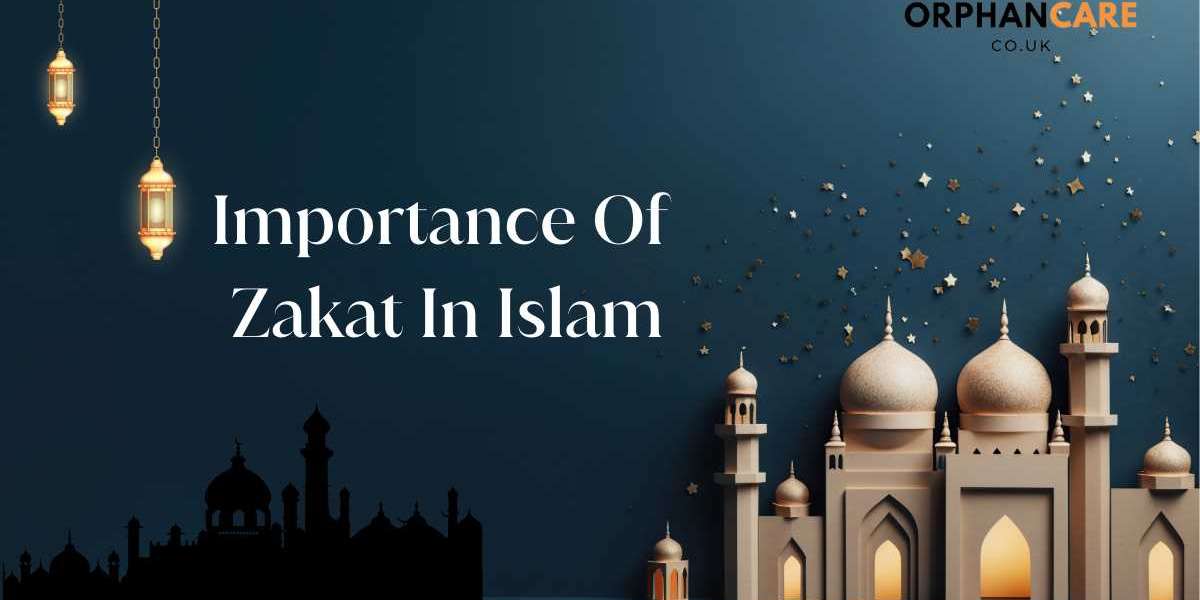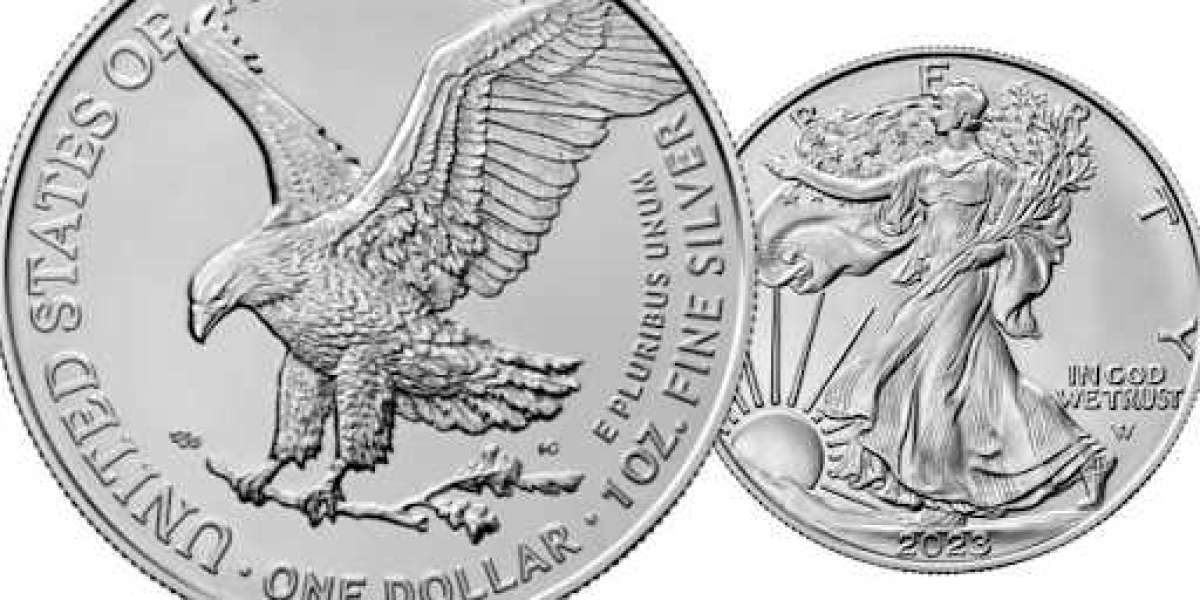Zakat on gold is a specific aspect of the broader Islamic practice of almsgiving. Given that gold has historically been a significant store of wealth, it holds a crucial place in Zakat calculations. Understanding the rules and conditions for Zakat on gold is essential for Muslims to ensure their compliance with this pillar of Islam. This form of Zakat involves specific guidelines regarding the amount, eligibility, and timing of the payment.
Eligibility for Zakat on Gold
The first condition for Zakat on gold is that the gold must be owned for a full lunar year (Hawl). If a Muslim has held the gold for this period and its amount exceeds the Nisab, they are obligated to pay Zakat on it. The Nisab for gold is set at the equivalent of 87.48 grams. Therefore, if a person's gold holdings reach or exceed this threshold, they must pay Zakat.
Calculating Zakat on Gold
Zakat on gold is calculated at a rate of 2.5% of the total weight of the gold. The steps involved in calculating Zakat on gold include:
- Determine the Total Weight of Gold: This includes all forms of gold, such as jewelry, coins, bars, or any other gold items.
- Check Against the Nisab: Ensure that the total weight meets or exceeds the Nisab of 87.48 grams.
- Calculate 2.5%: Multiply the total weight by 0.025 to determine the amount of Zakat owed.
For example, if an individual owns 100 grams of gold, the Zakat calculation would be: 100 grams×0.025=2.5 grams100 \, \text{grams} \times 0.025 = 2.5 \, \text{grams}100grams×0.025=2.5grams Thus, the individual must pay the equivalent value of 2.5 grams of gold as Zakat.
Gold in Jewelry
A common question arises regarding gold in the form of jewelry, particularly items that are worn regularly. According to most scholars, Zakat is still obligatory on gold jewelry if it exceeds the Nisab. The rationale is that gold jewelry is still considered a form of wealth, even if it is worn. However, some scholars differentiate between personal jewelry and stored wealth, with varying opinions on whether Zakat applies to personal ornaments.
Valuation of Gold
The value of gold must be assessed based on current market rates at the time of Zakat payment. This ensures that the Zakat amount reflects the actual value of the gold. Gold prices can fluctuate, so using the most recent market price ensures fairness in the calculation.
Paying Zakat on Gold
Zakat on gold can be paid in several ways:
- Physical Gold: Paying the exact amount of gold (2.5%) directly.
- Monetary Value: Converting the gold amount into its cash equivalent and paying that amount.
- Combination: A mix of physical gold and cash equivalent, depending on convenience and preference.
Impact and Importance of Zakat on Gold
Paying Zakat on gold helps to circulate wealth within the community and ensures that those who are less fortunate receive support. It prevents the hoarding of wealth and encourages Muslims to use their resources for the betterment of society. This form of charity also purifies the remaining wealth, as it aligns with the Islamic principle that all wealth is a trust from Allah, to be used responsibly and ethically.
Challenges and Considerations
There are some practical challenges in implementing Zakat on gold, such as accurately valuing gold jewelry, particularly when it includes precious stones or intricate designs. Additionally, ensuring compliance requires awareness and understanding of the rules among Muslims. Educational efforts and accessible resources for Zakat calculation can help address these challenges.
For more information please visit our website: www.orphancare.co.uk.
Conclusion
Zakat on gold is a vital component of Islamic financial practice, reflecting the broader principles of social justice, wealth distribution, and communal support. By adhering to the guidelines for Zakat on gold, Muslims fulfill a key religious obligation, contribute to the welfare of their community, and purify their wealth. The meticulous calculation and payment of Zakat on gold underscore the importance of fairness and responsibility in managing one's resources in accordance with Islamic teachings.












